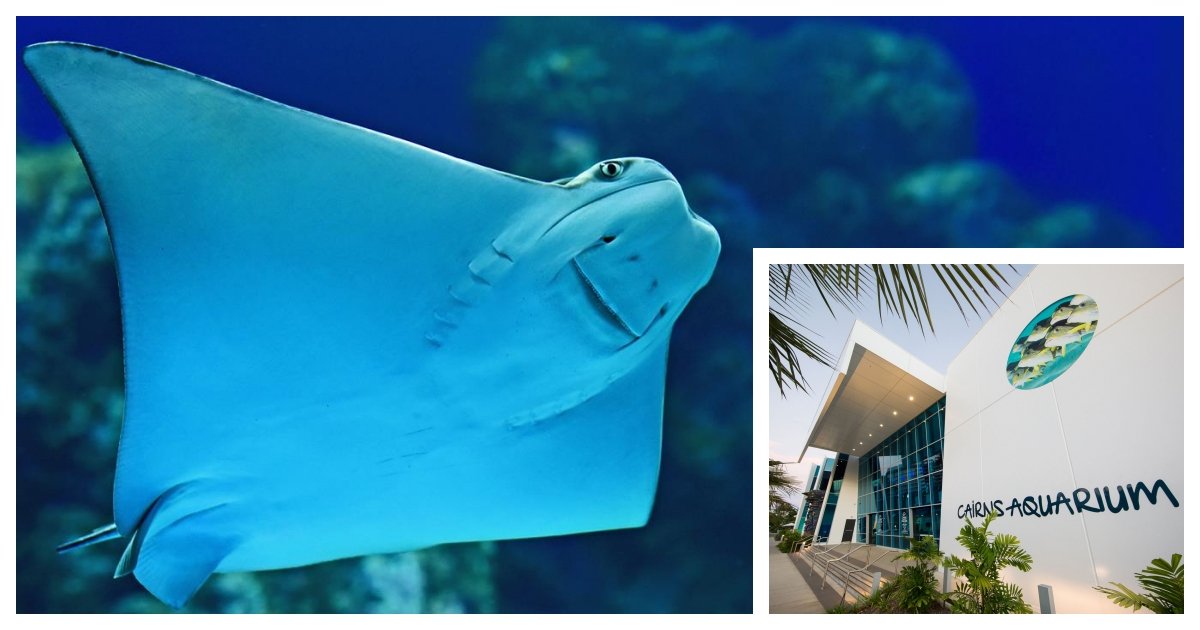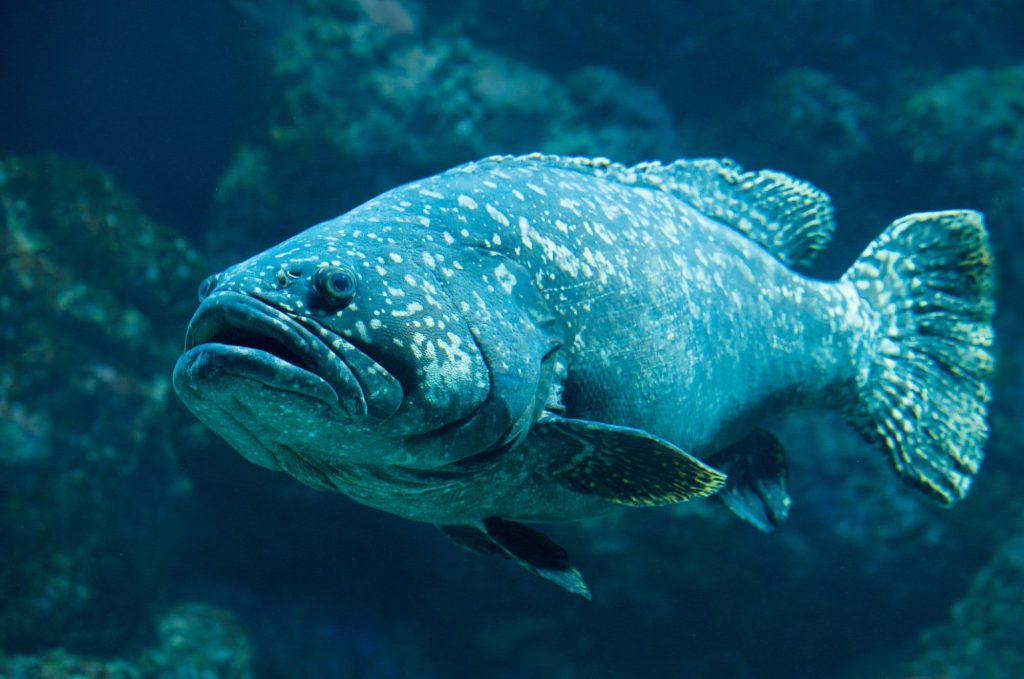Marine biologists who work with one of busiest aquariums in Australia suggested that the fish miss humans as much as we miss visiting the aquarium to learn more about the fish.
After the Cairns Aquarium closed its doors for visitors two months ago, aquarists and biologists have seen how the fish have become much less active and seems more disinterested in its surroundings. They believe that the lack of human interaction is the cause for this lethargy.
Aquarists said that many fish have stopped wandering around the tank and stay motionless in the dark corners of the tank. One Queensland grouper named Chang have stopped eating altogether. Biologists explain that the fish are displaying typical symptoms of depression.
A marine biologist and curator for Cairns Aquarium explained how the experience at an aquarium are both ways. In the same way that humans observe and learn about the fish, Paul Barnes believes that the fish are equally interested in the strange creatures outside the tank.
Barnes added how it is vital for any animals’ mental health that they are constantly stimulated. Barnes said that the many different colors and sounds that visitors make have been vital for the fish as well.
In order to provide more stimulation for the fish, the aquarium has hired another diver. They hope that the daily dives will help the fish cope with a situation that they are unfamiliar with. One Japanese aquarium had volunteers get on a Zoom video call with their garden eels who got forgot that humans cause no harm.
One chief executive told AAP that their leopard sharks are in some ways very similar to other domesticated animals. He explained that the interactions that the sharks have with the divers is an exciting time for the fish as well.
To experts, it is no surprise that fish are acting so sensitively to a change in environment. Julian Pittman, a marine biologist who teaches at Troy University, explained how fish have almost the same neurochemistry as humans.
In fact, the resemblance is so uncanny that Pittman says that he tests the efficacy of anti-depressants by observing how active the fish get after being given the medication. If the fish get active – reaching for the top of the tank, for example – Pittman says it is a good proof that the medication works.
Well its good to know that the fish miss us as much as we miss visiting them. Share your thoughts in the comments, and be sure to follow us on Facebook for more news like this one!
Replaced!






